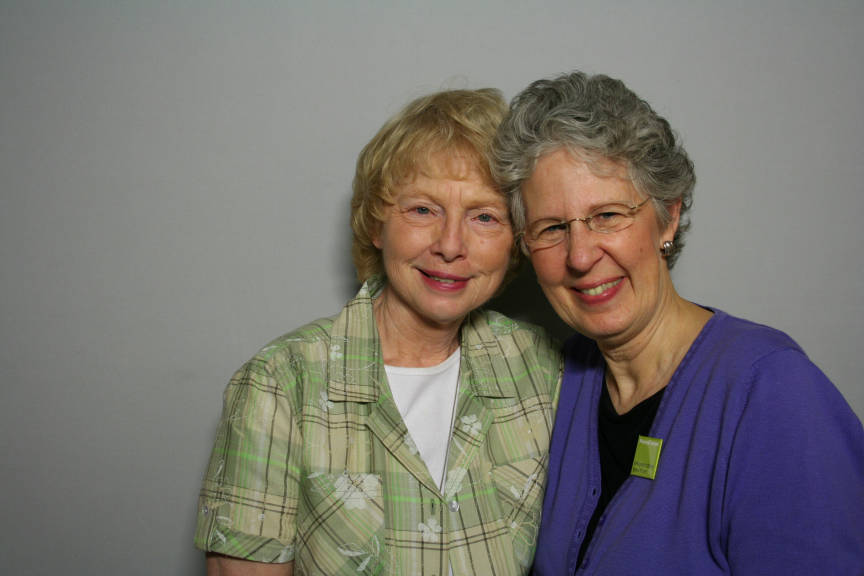"I keep my commitments."
Under Mrs. Tucker's leadership, the Women's Economic Councils went on to form alliances with other labor unions, including the Washington Women’s Trade Union League (WTUL) and the National Negro Alliance. Mrs. Tucker and A. Philip Randolph remained close for the rest of their lives. When he was working to organize the first March on Washington in 1941 (which was eventually called off, only to come to fruition in 1963), Randolph appointed Mrs. Tucker as a key organizer. As Jane Marshall remembers Mrs. Tucker saying, "It was A. Philip Randolph and the Brotherhood of Sleeping Car Porters and not Martin Luther King - fine man that he was - it was the Brotherhood that organized the 1963 Civil Rights March. Dr. Martin Luther King was an invited guest."
Rosina Corrothers Tucker died at age 105, in 1987. Her life spanned a century in which she both mourned at the funeral of Frederick Douglass and witnessed Martin Luther King Jr. deliver his "I Have a Dream" speech. In her unfinished autobiography found after her death, she wrote:
“Today is my day, as it is your day. Although I live far removed from the time when I was born, I do not feel that my heart should dwell in the past. It is in the future. While I live, let not my life be in vain. And when I depart, may there be remembrance of me and my life as I have lived it.”
To learn more about Mrs. Tucker's life and the history of the Brotherhood of Sleeping Car Porters, check out some of these NPL materials, including the 1989 documentary Miles of Smiles, Years of Struggle: The First African American Trade Union, narrated by Mrs. Tucker and available at NPL through Kanopy:






